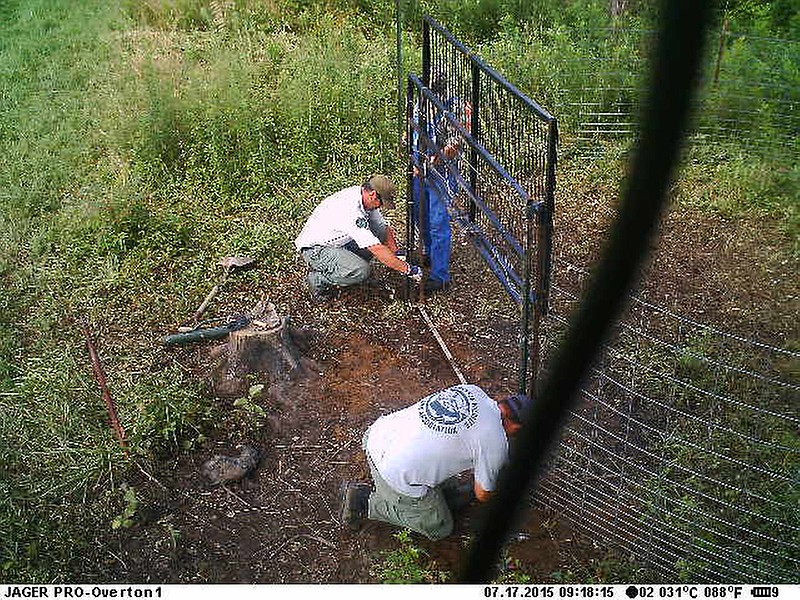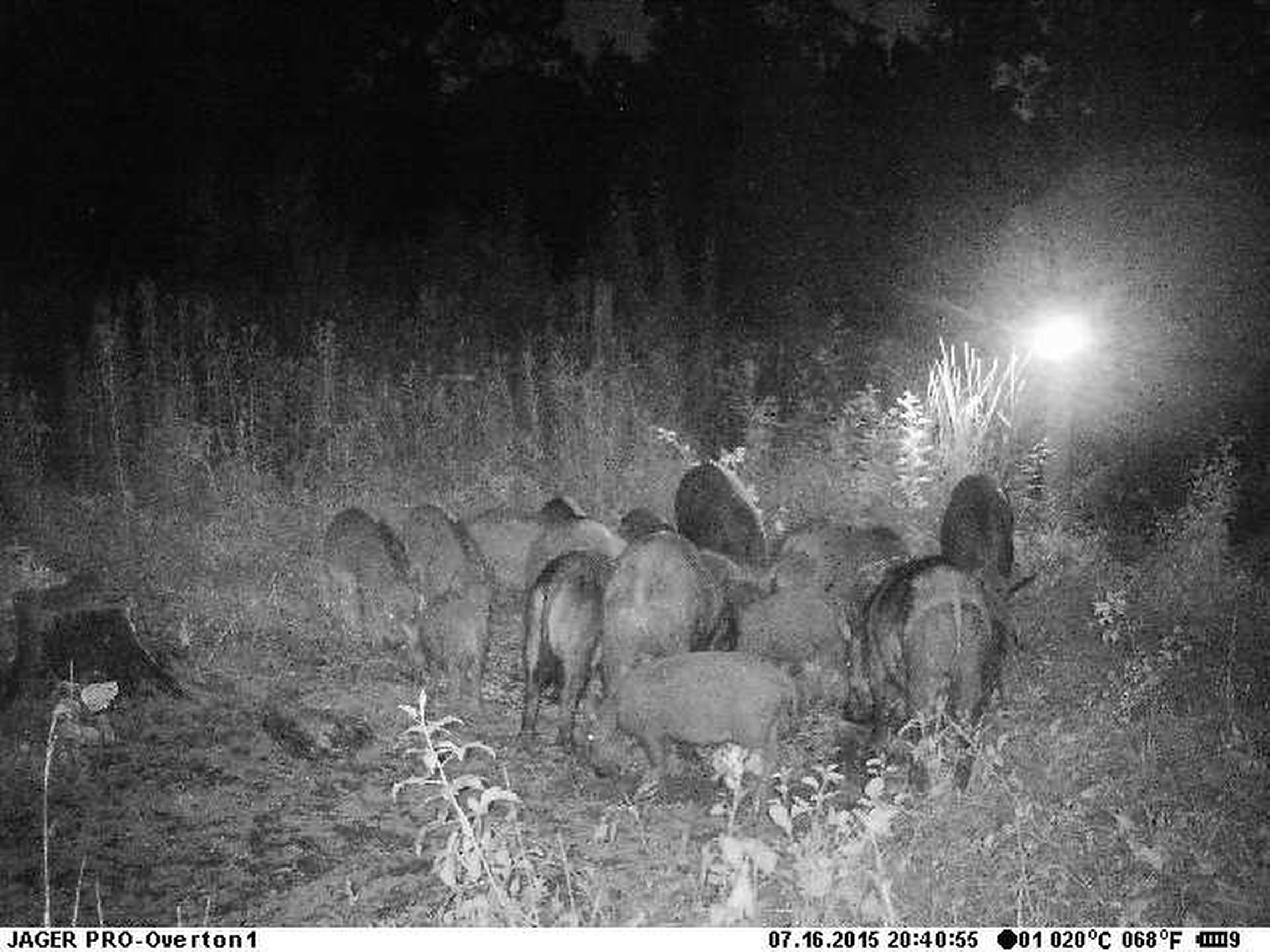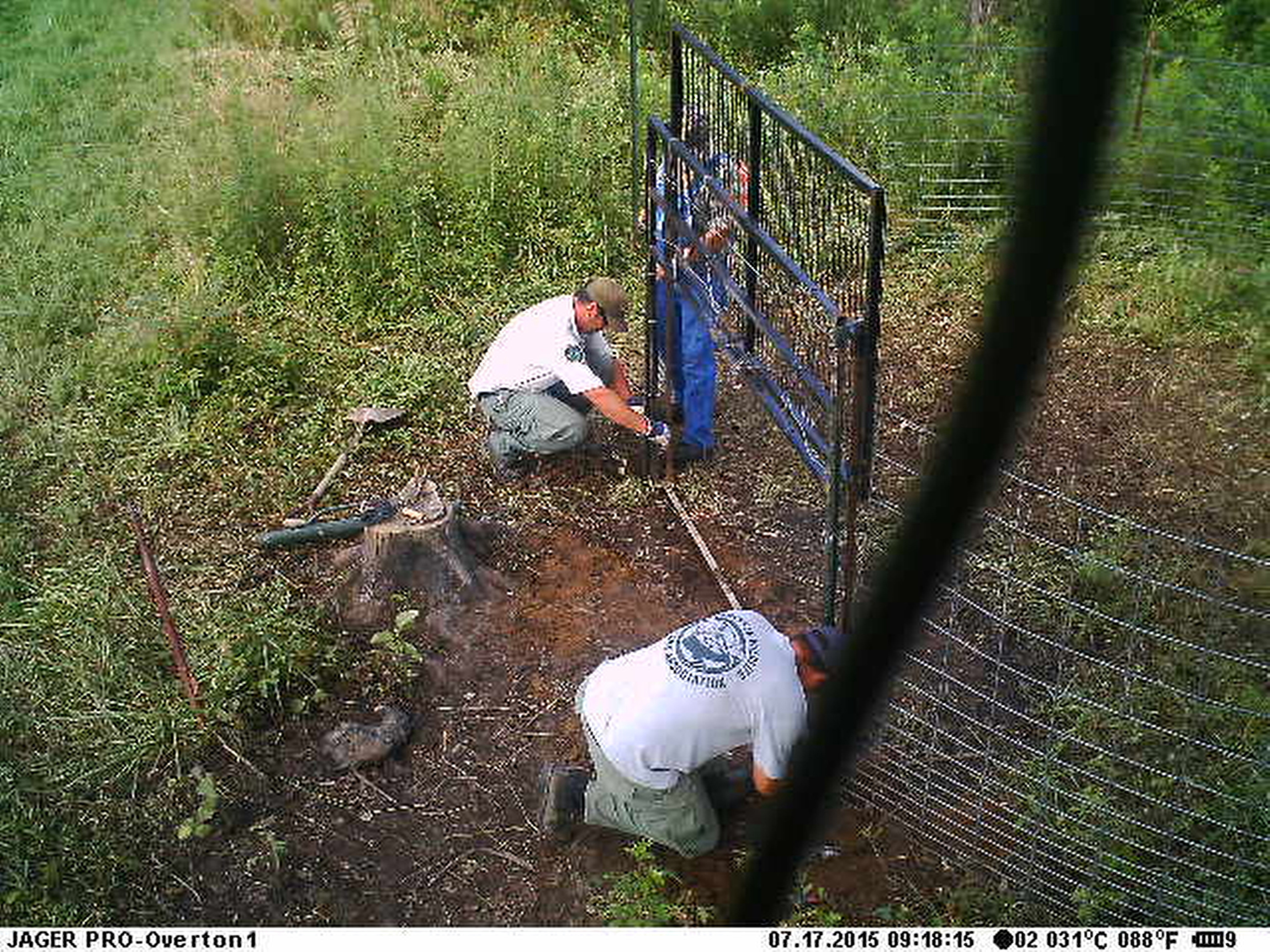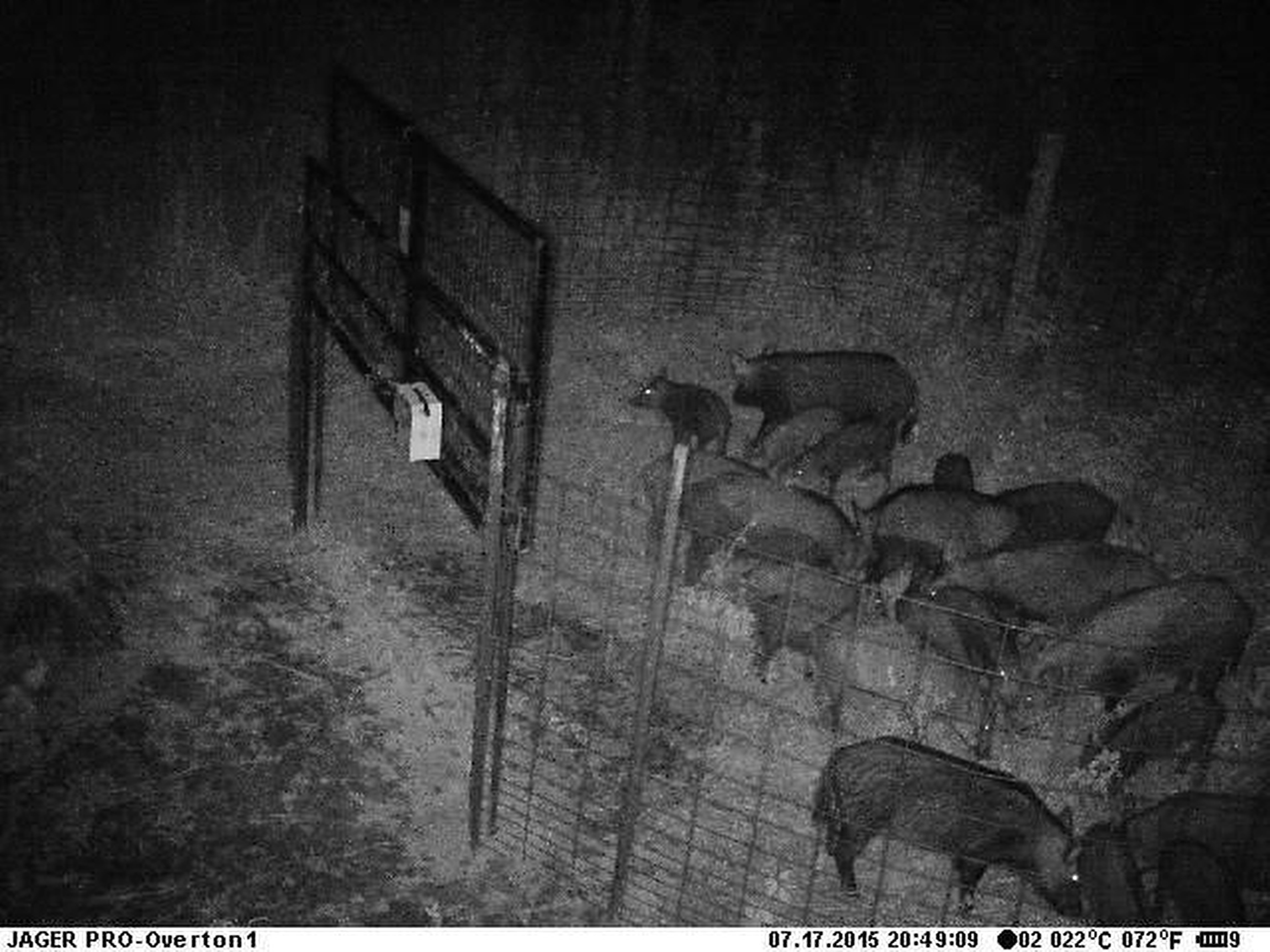Got hogs?
To report hog problems in Southeast Tennessee, contact the Tennessee Wildlife Resources Agency Region 3 office at 931-484-9571 or the U.S. Department of Agriculture Wildlife Service at 865-588-0299. Report illegal stocking, transporting and illegal sale of wild hogs in Tennessee by calling the hotline at 615-427-9508. A reward of up to $3,500 will be paid to anyone who reports activity that leads to a conviction.
Like creatures from a scary campfire tale, beasts with an insatiable appetite and long, sharp teeth that never stop growing are roaming Tennessee forests and farmland, devouring everything in sight.
The 300-pound creatures are wild hogs, and the Tennessee Wildlife Resources Agency is touting some success in controlling them in Overton County, according to TWRA officials. Wildlife officers and an Overton County landowner trapped and destroyed 29 hogs in a July trapping effort.
In Tennessee alone, the non-native animals are in 80 of the state's 95 counties and cause about $1.5 billion in agricultural damage each year.
And they're spreading.
Wild hogs are found in almost every state and can spread diseases dangerous to livestock, other animals and humans. Their rooting activities can cause soil erosion and water pollution.
Hunting laws allow landowners to kill and trap hogs year-round outside of big-game hunting seasons, and landowners can seek an exemption to allow them to kill hogs at night and use bait or other means.
Lifelong Overton County farmer Ronnie Matthews had more than two dozen hogs rooting up his yard and fields, creating such a nuisance that he reached out the TWRA for help, according to a statement from the state agency. The hog damage was described as "extensive."
As a young boy, Matthews recalled hearing men talk about hunting wild hogs, yet he never saw one.
But one rainy night earlier this year, Matthews looked out a window and spotted 20-something hogs rooting very close to his house. He contacted state officials to see about shooting them, but he quickly realized that was only a short-term solution. So he teamed up with the TWRA to install a trap.
Hog control usually means building a pen with a remote-controlled trap gate to nab the pesky porker once it has stepped inside. Trap design is critical since an unsuccessfully trapped hog remembers the trap and how he got away from it, and he can lead other hogs to avoid traps, according to officials. Once trapped, the animals are killed.
Ben Layton, a TWRA big-game biologist, said state officials want to hit hog populations hardest in the areas where they are trying to expand, not where they already are established.
Where possible, the agency uses remote-controlled traps with cellphone technology that notifies an officer or landowner that hogs are nearby - even taking a picture of them with a trail camera - and gives the humans a trigger to drop the trap door, Layton said.
"The goal is to take out the 'sounder,'" Layton said, referring to the name for a group of hogs. "We really don't want any hogs. Our goal is to reduce the number of hogs as low as possible."
Contact staff writer Ben Benton at bbenton@timesfreepress.com or twitter.com/BenBenton or www.facebook.com/ben.ben ton1 or 423-757-6569.



